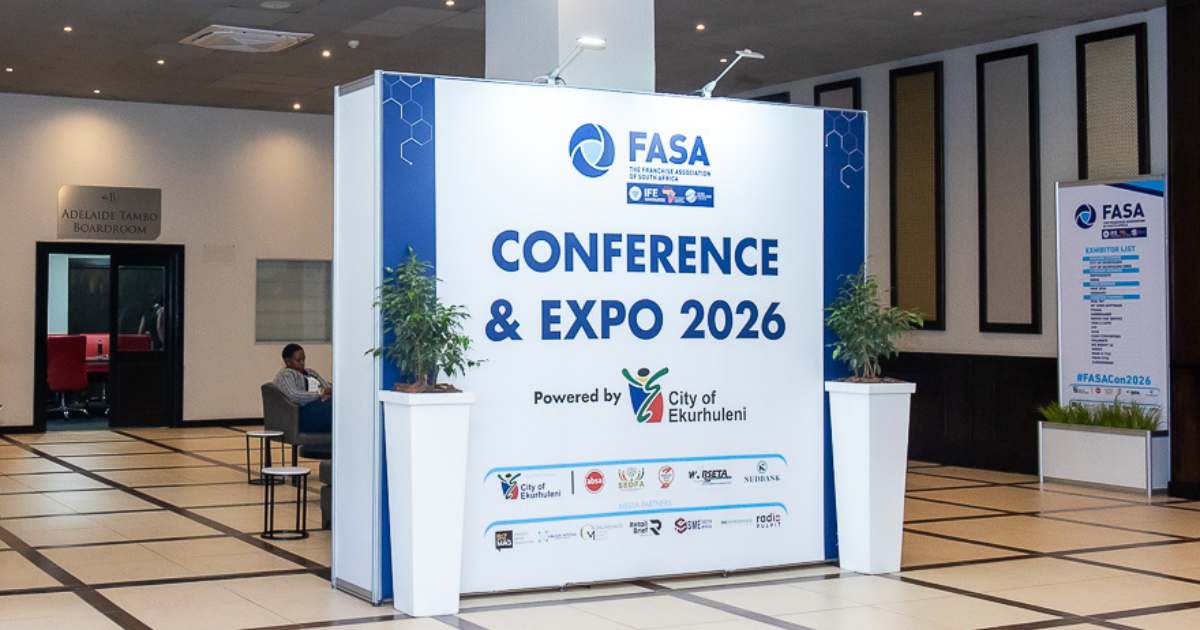
South Africa’s exorbitant cross-border remittance (money transfer) costs are robbing migrant workers of huge amounts of their hard-earned money meant to improve the lives and livelihoods of their families back at home.
Raphael Grojnowski, founder and director of fintech startup Mama Money, says South Africa is the most expensive country in the world to send money out of. “According to the World Bank, the average cost to send the equivalent of $200 from South Africa to SADC countries is 18.69%. The global remittance price average is 8.9%.
“The South Africa-Zimbabwe corridor has the highest volume regarding people and money transfers. But families in Zimbabwe who receive money from Zimbabweans working in South Africa receive far less because of the excessive pricing of money transfers.”
Grojnowski says that the actual costs of money transfer are small. “It is therefore not right for money transfer services and banks to charge such excessive prices. Established providers such as Western Union, MoneyGram as well as Mukuru charge a minimum of 10% and on top of that, add their own exchange rate margins. They are making huge amounts of money on the backs of poorer people and, their pricing is not transparent.”
The big South African banks offer SWIFT transfers but these are not suited for low-value remittances as bank costs can be up to 40% of the amount sent, while the informal ways of getting money from SA to Zimbabwe are dubious and dangerous, and often cost as much as 20% or more.
“We researched the vast development potential of reducing remittance costs from South Africa to Zimbabwe. The impact would be instant, immediately helping both senders and receivers. More money would go into the pockets and bank accounts of recipients. In turn, they would have more money for essentials – basic food, better quality food, education, health and then housing.”
Consumer confidence retreats again
The FNB/BER Consumer Confidence Index (CCI) slumped back to -11 in the second quarter 2016, after edging up from -14 index points in fourth quarter 2015 to -9 in the first quarter 2016. Consumer confidence levels remain far more depressed compared to the lowest reading recorded during the 2008/09 global financial crisis and recession (-6), signalling that consumers are very concerned about the outlook for the domestic economy and their household finances.
According to Sizwe Nxedlana, chief economist of FNB, “A myriad of adverse economic forces had already been hammering the South African economy since 2015, including political uncertainty, social unrest, very low business confidence levels, a stagnation in public sector employment, a dramatic depreciation in the rand, soaring food prices and rising interest rates. These headwinds were exacerbated by the debilitating impact of the widespread drought on the agriculture sector and the effect of weak global demand and subdued commodity prices on the mining sector, culminating in a 1.2 per cent contraction in South Africa’s real GDP during the first quarter of 2016.”
In addition, the latest employment numbers from Statistics South Africa show that the domestic economy shed a massive 355 000 jobs between the fourth quarter of 2015 and first quarter 2016. Correspondingly, the unemployment rate rose from 24.5% to 26.7% – the highest rate recorded since Statistics South Africa commenced with the Labour Force Survey in the first quarter 2008. In light of the slump in economic activity and decline in employment levels, it is therefore not surprising that consumers made a further downward adjustment to their ratings of the outlook for the South Africa economy and their household finances.
Seedstars World heads to Angola
Seedstars World, the global seed-stage startup competition for emerging markets and fast-growing startup scenes, is returning to Angola on July 27th. In line with its mission to place the spotlight on entrepreneurs from emerging markets, Seedstars World is travelling to more than 65 countries globally and more than 20 in Africa this year to identify the best seed-stage entrepreneurs and provide them with an opportunity to win up to USD 1 million and network with investors and mentors from around the world. The previous participants have raised over USD 61 million collectively, providing employment to more than 400 employees worldwide. In partnership with Facra, Seedstars World will host the event at the magna room of Banco Económico on the 27th of July.
The companies selected to pitch at the Seedstars Luanda event need to be less than 2 years old, have raised less than USD 500,000 in funding and have built a minimum viable product, ideally with existing traction. The Seedstars World team is searching for one additional criterion – the startup’s regional and global scalability. With a strong network of international partners such as Inmarsat, INADEM, Standard Bank and Deloitte, Seedstars World is looking for smart startups that solve regional issues and develop profitable products for the global market, to support their regional businesses and growth. Applications are open now on www.seedstarsworld.com.
“After finding a young but vibrant ecosystem in Luanda last year, we can’t wait to come back and see the growth and development that has taken place in the country’s startup ecosystem since last year.” says Claudia Makadristo, Associate for Africa at Seedstars World.
In order to deliver the event, Seedstars World is partnering with FACRA, one of Africa’s largest VC Funds with assets in excess of $250 million. As an Angolan Government-backed organization, the Fund’s objective is to encourage innovation in Angola by supporting local entrepreneurs.





